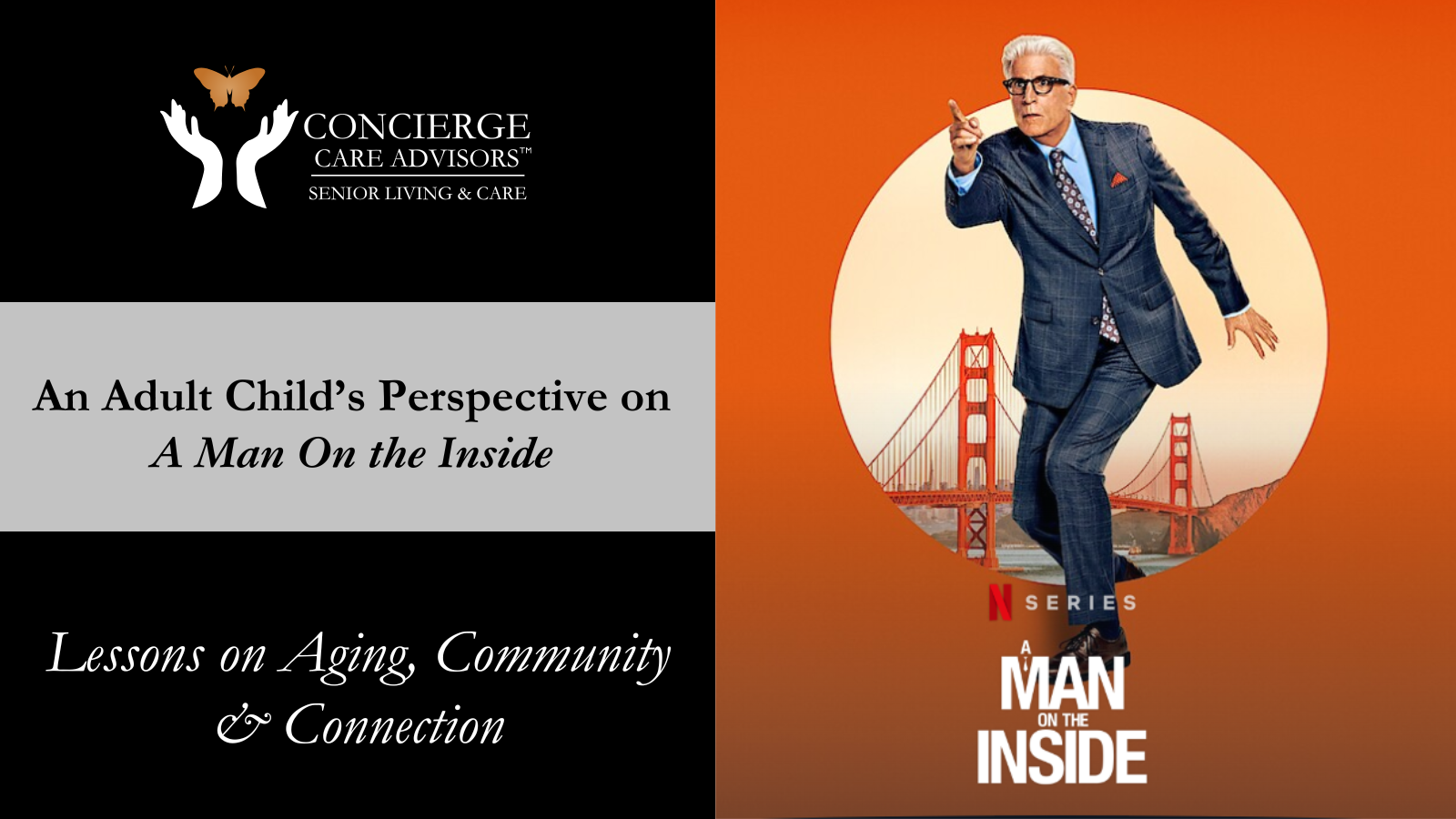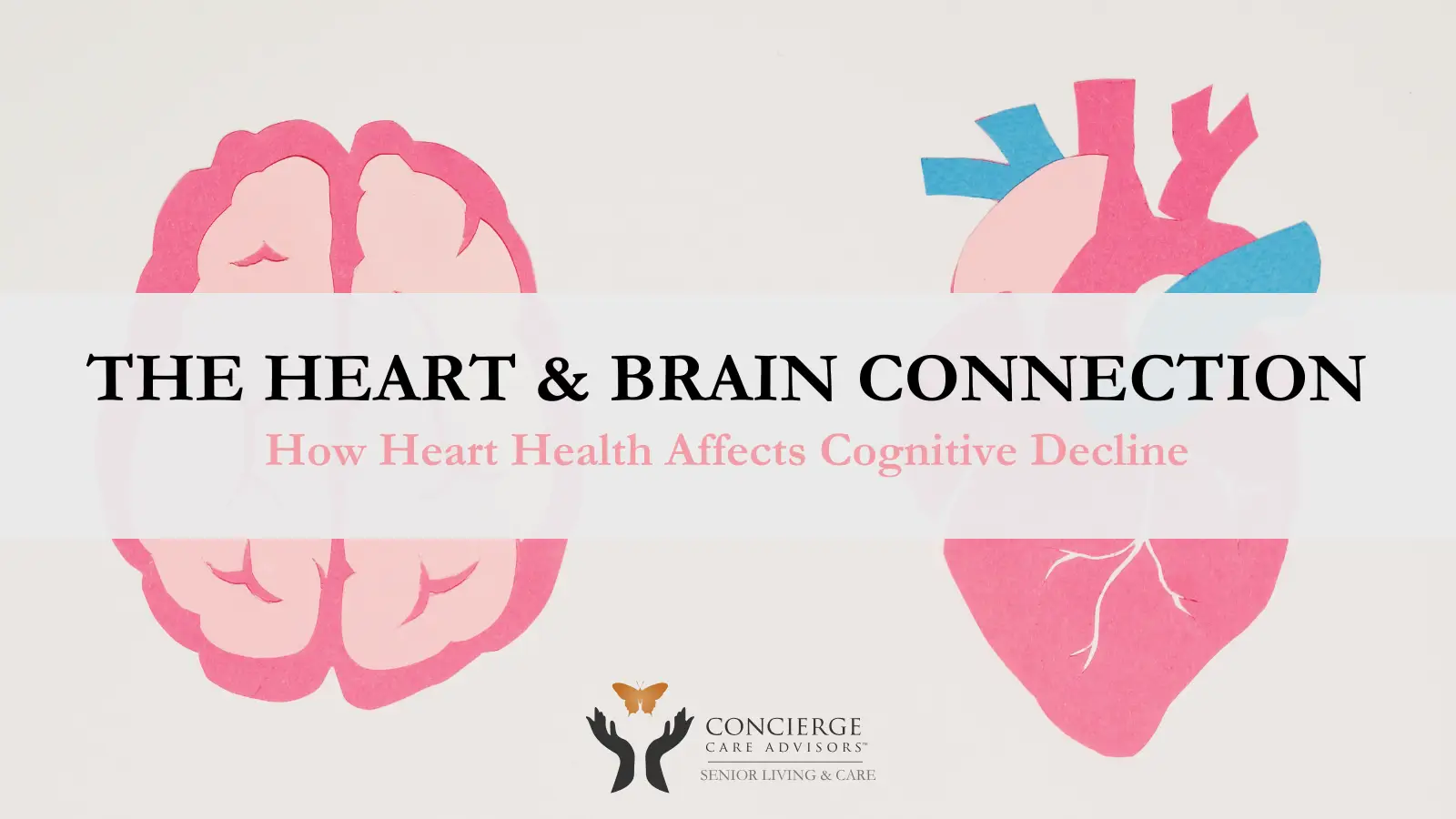Caring for a loved one with dementia is one of the most challenging journeys a family can face. Whether the person is your parent, spouse, or close friend, the dynamics of your relationship inevitably change as caregiving responsibilities increase.
Unlike recoverable illnesses, dementia typically progresses, bringing more responsibilities with fewer opportunities to celebrate milestones. This strain often leads families to seek memory care services—professionally tailored support designed to meet the unique needs of individuals with memory loss.
If you’re unsure how memory care can make a difference, here are six key ways it can preserve your relationship and provide the care your loved one deserves.
1. Memory Strengthening Through Routine
Routine is a cornerstone of effective dementia care. Consistent daily activities provide multiple opportunities for the brain to convert short-term memories into long-term ones, even when cognitive function is impaired.
For family caregivers, balancing routines alongside work, family, and other responsibilities can feel impossible. Memory care facilities, however, are designed to establish and maintain structured schedules, reducing stress for you and providing a stable environment for your loved one.
Suggested Resource: Learn more about the importance of routines for dementia care from the Alzheimer’s Association.
2. Sensory Engagement to Unlock Dormant Memories
Sensory activities—engaging smell, taste, touch, sound, or sight—can trigger powerful memories and enhance cognitive function. Memory care professionals often incorporate sensory experiences such as familiar music, cooking favorite recipes, or engaging in tactile activities like gardening to stimulate memory recall.
For example, listening to a favorite song from childhood can rekindle long-dormant memories, providing moments of clarity and connection. These approaches, backed by research, are integral to professional memory care programs.
Suggested Resource: Explore sensory stimulation strategies at Dementia Care Central.
3. Trained Patience and Empathy
Dementia can test the patience of even the most loving family members, especially when daily challenges evoke feelings of frustration or sadness. Memory care professionals are trained to handle these situations with understanding, ensuring your loved one feels supported and valued.
This allows you to focus on maintaining a meaningful relationship, rather than becoming overwhelmed by caregiving duties.
Suggested Resource: Read about caregiver strategies on HelpGuide, a trusted mental health resource.
4. Expert Medication and Financial Management
Managing medications and healthcare bills can become overwhelming as dementia progresses. Memory care facilities take on these responsibilities, ensuring medications are administered accurately and finances are managed transparently.
This alleviates the stress of juggling medical and logistical tasks, giving you more time to spend with your loved one.
Suggested Resource: Discover tips for managing finances and caregiving responsibilities at AARP.
5. Companionship Restores Personal Connections
When caregiving consumes your time, it’s easy to lose sight of the personal bond you share with your loved one. Memory care professionals focus on building relationships with residents, providing emotional support, and creating opportunities for meaningful interaction.
By entrusting caregiving tasks to trained professionals, you can rediscover the personal connection that brought you and your loved one closer in the first place.
Suggested Resource: Find guidance on fostering connection through caregiving from the Family Caregiver Alliance.
6. Promoting Independence with Dignity
Independence is crucial for maintaining a sense of purpose and self-worth. Memory care programs are designed to encourage residents to perform tasks on their own whenever possible.
For example, a caregiver might allow a resident to feed themselves, even if it takes longer or results in a mess. This approach fosters autonomy while ensuring safety and dignity.
Suggested Resource: Learn about the importance of independence in dementia care from the National Institute on Aging.
Professional Memory Care Makes All the Difference
Memory care is about more than managing symptoms—it’s about preserving relationships, fostering independence, and enhancing the quality of life for your loved one.
At Concierge Care Advisors, we specialize in connecting families with trusted memory care options tailored to their unique needs. Let us help you find the best solution for your loved one’s care.
Contact us today to learn more about memory care and how we can support you.






















